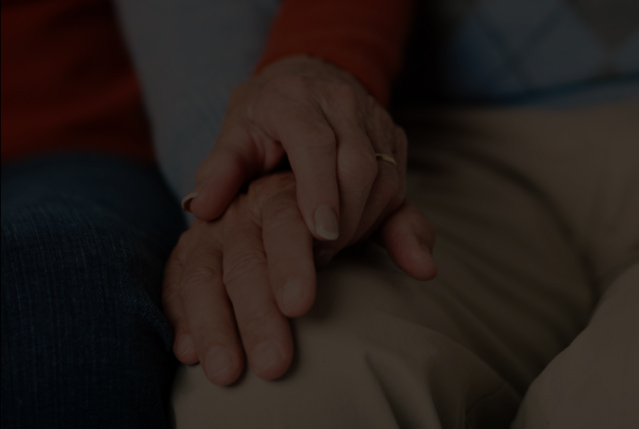We offer two Funeral Home locations to serve our families
Weber - Hurd Funeral Home located in Chillicothe, Illinois | Cumerford - Hurd Funeral Home located in Peoria, Illinois
Executors
An executor is the personal representative of your estate. They are the person in charge of taking control of your assets, paying off any debts, and distributing assets to your beneficiaries per the terms and conditions of your will. You can choose anyone to be the executor of your will, but it is a good idea to choose someone who is both competent and trustworthy. The person you choose to be executor should be outlined in your will. Someone you appoint to be the executor of your will has the right to refuse, so you should have a backup executor in place just in case.
Have you ever asked yourself these questions?
What is embalming and what purpose does it serve?
Embalming sanitizes and preserves the body; it also slows down the decomposition process and enhances the appearance of the body damaged by traumatic death or illness. Embalming gives time to the family of the deceased to arrange a service, and allows the family the option of having an open-casket viewing.
Do I need to have an embalming?
No. In fact some religions forbid embalming. However, some countries require embalming by law in order for remains to leave or enter the country. If it is not against your religious custom, embalming is recommended, especially if there is an extended gap between death and burial or cremation.
"Principles of the Past, Choices for Today"
Our funeral homes proudly serve the following communities: Peoria, East Peoria, Chillicothe, North Hampton, Rome, Mossville, Alta, Lawn Ridge, Edelstein, West Hallock, Akron,
Dunlap, Hopewell, Sparland, Lacon, Spring Bay, Oak Ridge, Metamora, Bartonville, Hanna City, Peoria Heights, Kickapoo, Glasford, Pekin and Morton Illnois




